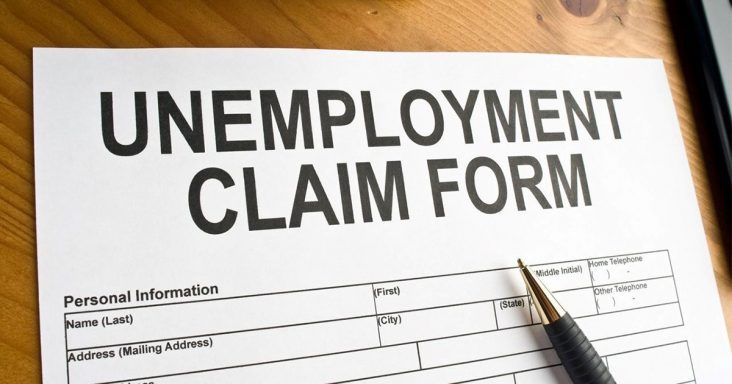Sen. Dismang, Rep. Jett file bill to exempt state taxes on unemployment compensation
by January 28, 2021 4:52 pm 1,541 views

The chairmen of the Joint Budget Committee and House Revenue & Tax Committee want to provide tax relief for Arkansans who may not even know they could owe it.
On Thursday (Jan. 28), Sen. Jonathan Dismang, R-Beebe, and Rep. Joe Jett, R-Success, filed SB 236, which would exempt unemployment compensation benefits from state income tax in 2020 and 2021.
The heart of the issue is that unemployment benefits provided during COVID-19 relief would result in a 1099 for those who received them. No state withholding tax was taken out of those payments, and federal withholding was optional. As 1099s are being mailed by the end of January, the income and subsequent tax owed could be detrimental to many unsuspecting, hard-hit Arkansans.
“None of us planned for a pandemic, our businesses didn’t plan for the shutdowns, and their employees didn’t plan to rely on unemployment insurance to financially survive,” Sen. Dismang tells Talk Business & Politics. “Unfortunately, those same employees haven’t planned for the coming tax bill from the state of Arkansas for utilizing those essential benefits. We need to move swiftly to provide relief to these impacted employees by waiving the income tax on unemployment benefits received in calendar years 2020 and 2021.”
Arkansas doled out a little over $98.7 million in unemployment insurance benefits in 2019, according to the Arkansas Department of Workforce Services. In 2020, the state paid $2.567 billion in regular and federal unemployment benefits due to the force of the pandemic. This figure includes the additional unemployment benefits extended in the federal coronavirus relief act.
“These numbers are staggering. We didn’t know how many people had to file unemployment and how much money is involved. We’re just trying to take care of the hard-working Arkansans who are just trying to survive,” Rep. Jett said. “When the pandemic hit, this was not the fault of anybody. We want to fix this.”
Dismang says lawmakers didn’t calculate the tax windfall in their budget projections, so the tax money on the 1099s is likely to just add to an existing $240 million state surplus.
“State revenue collections are currently running well above forecast and taxation of the unemployment insurance payments will only bolster a likely 2021 fiscal year surplus,” Dismang said.
“Additionally, these benefits were predominantly federally-funded and should not be considered reoccurring for state budgeting purposes. It all boils down to a pretty easy question to answer: Who needs the help more, the state with revenues well above projections or those struggling in the real world?”
SB 236 states that unless an income tax exemption is provided for unemployment compensation benefits during the pandemic, “Arkansans will face further financial distress, which will hinder the state’s efforts in effecting an economic recovery.” It also says the measure is Arkansans are facing “imminent financial peril” and “exempting unemployment compensation benefits from income tax during the pandemic will assist the state and its residents with their economic recovery.”
Dismang notes that federal income tax withholding was an option at sign-up for unemployment beneficiaries, but the state was not able to provide assistance for state income tax withholding.
“In my opinion, this is a critical reason for exempting the benefits from taxation. It’s unrealistic to think that any made the required estimated tax payments. This means most are not prepared or expecting the bill,” he said. “With the state’s issuance of the 1099s for unemployment insurance in process and the tax filing period gearing up, it’s important that we take quick action to ensure that taxpayers and tax preparers know how to move forward.”
A fiscal impact statement on the bill, produced by the Department of Finance and Administration, is still pending.
